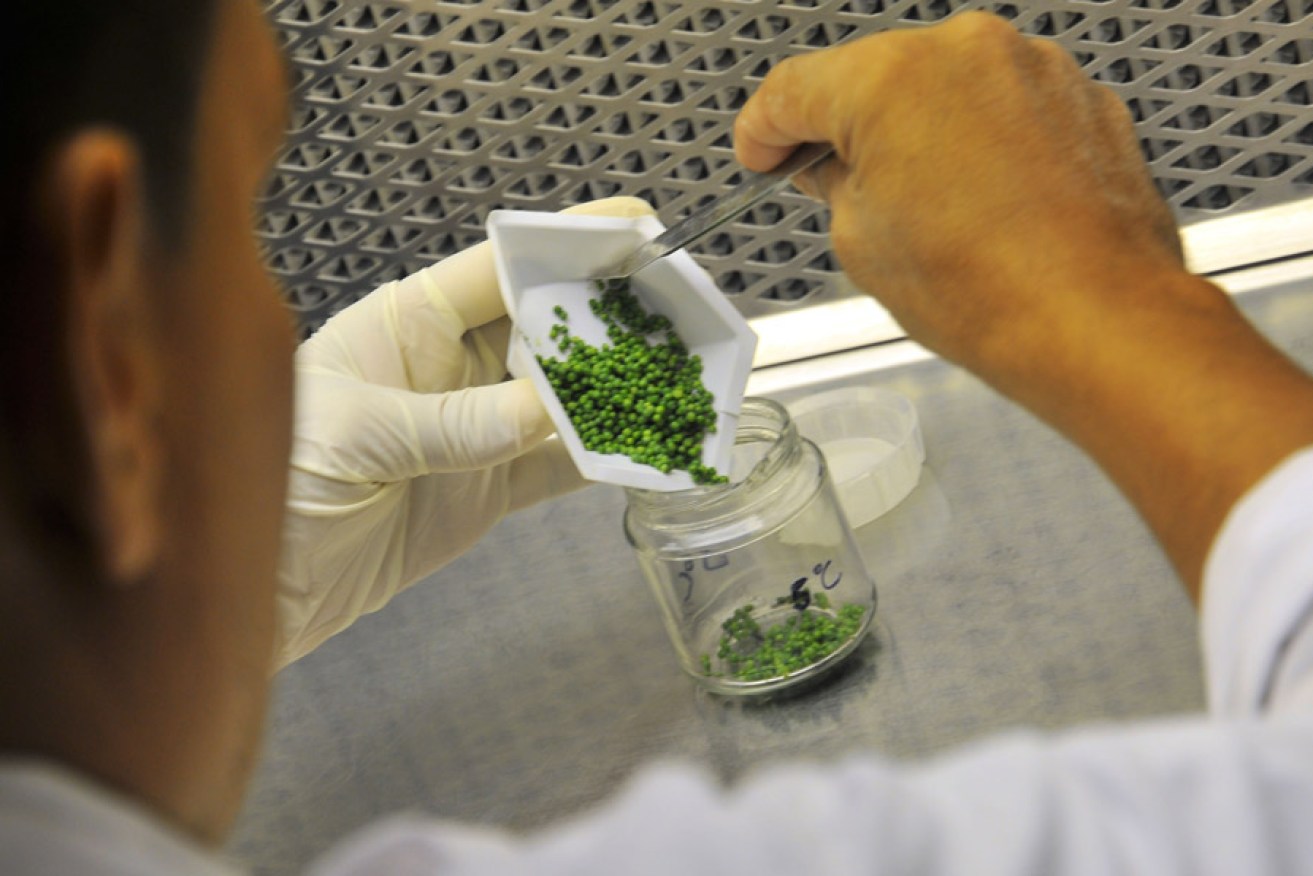SA support for innovation plan that swaps mines for minds
Australia’s new $1.1 billion plan for innovation and science, switching the country’s focus from mines to minds to build our nation’s wealth and international competitiveness, has been welcomed by South Australian government and industry.


The National Innovation and Science Agenda, launched yesterday by federal Industry, Innovation and Science Minister Christopher Pyne, has garnered support from leading Adelaide academic, University of South Australia’s Dr Jana Matthews, the CSIRO and the State Government.
Matthews, ANZ chair of the university’s Centre for Business Growth, welcomed the plan, saying research that pushed the boundaries of knowledge was needed to produce breakthrough innovation to develop startups.
She said the strategy had added another rung to the entrepreneurial ladder to nurture local business and attract overseas talent.
“In Australia, CSIRO and the universities are the two groups that undertake research so it makes sense for the government to fund more, with the expectation that doing so will produce many more breakthrough ideas,” she said.
“We want to grow more Australian entrepreneurs, but we also need to welcome entrepreneurs from other countries who want to come to Australia to start and grow their companies here. This new visa class should enable that to happen.”
Matthews welcomed support for startups, which she sees will have a positive, long-term impact on the economy.
The CSIRO, which has several centres in Adelaide, will establish an innovation fund to invest in early stage public technology with ensuing products to be adopted by Australian industry.
The innovation plan has allocated $70 million over 10 years to the scheme.
CSIRO chief executive Dr Larry Marshall said the fund would “de-risk” science and support an investable proposition that industry could more comfortably take to market.
“When the customer isn’t buying the product the entrepreneur doesn’t waste time blaming the customer – they change the offer,” Marshall said.
“This commitment will enable us to get some of our great science to market much more rapidly.
“Having a fund focused and administered close to the sources of invention and research is ideal for generating the innovation Australia needs.
“The fund will bring intense focus to high growth potential opportunities and at the pace that markets demand.”
Marshall said the CSIRO had received $25 million a year in increased funding dedicated to its data science efforts through Data61, a program focused on cybersecurity, data analytics, a data research network to link business with researchers and improving the data literacy of Australian business.
South Australian Science and Information Economy Minister Gail Gago said the State Government would analyse the strategy in more detail.
“We welcome national focus and additional funding to innovation and look forward to analysing the detail of this policy to determine how it will best assist the South Australian innovation agenda,” she said.
Pyne hailed the nation’s plan as the key to drive Australia’s competitiveness and transform the economy.
“Innovation and science are two sides of the same coin, and this agenda will bring them both together, driving jobs, growth and investment and igniting a national can-do attitude,” Pyne said.
He said innovative businesses, private sector investment in research commercialisation and startups were expected to be the beneficiaries of the strategy.
The government will invest in an $8 million network of startup incubators, and “co-invest” in a $200 million CSIRO innovation fund and $250 million Biomedical Translation Fund.
“These funds will support private investment in spin-offs and startups to develop and commercialise promising outcomes from Australia’s research,” Pyne said.
“The business, research and innovation initiative has the potential to transform government procurement; with businesses coming up with ideas to solve some of our trickiest policy and procurement problems.
“Access to capital at the crucial early startup stage will be boosted through tax breaks that encourage private sector investment.”
Another $27 million, Pyne said, would encourage collaboration between researchers and industry.
“Improving funding incentives and fast-tracking collaborative research grants will encourage universities to partner with industry; and a new CRC round will open in February 2016.
“We will provide long-term funding certainty for the critical national research infrastructure needed for cutting-edge science and to retain our top scientific talent.




